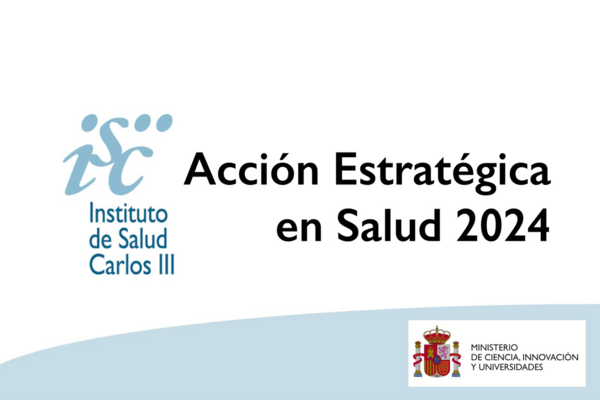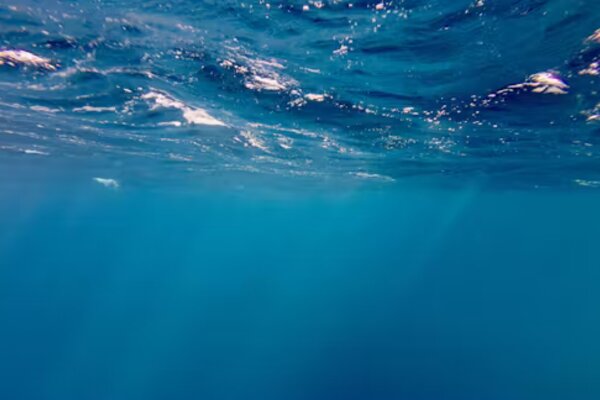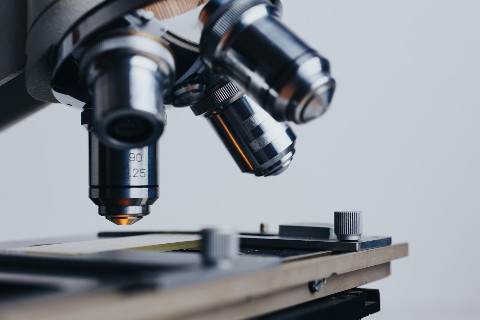We have a great experience in developing immunological tools and methods to identify and study marine organisms or toxins. The most exciting examples are the M22.8, a very useful monoclonal antibody to detect Mytilus mussel at different life cycle stages (from D-larvae to adult) by immunofluorescence.

Mytilus larvae labeled with M22.8 monoclonal antibody plus a secondary antibody
This Monoclonal antibody has been used by the Xunta de Galicia in order to test the abundance of Mytilus larvae to help in the mussel culture. The M22.8 is being tested against invasive species to study if it can distinguish them from the local species.
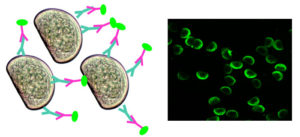
Indirect Immunofluorescence using M22.8 monoclonal antibody to detect Mytilus larvae in sea-water samples
We have also generated valuable single chain antibodies by phage-display technology to detect palytoxin in natural shellfish samples by competitive-ELISA.
At the same time, we have different international collaborations to implement high throughput technologies to understand the complexity of immune response in fishes, which is essential for the establishment of successful vaccination strategies in Aquaculture industry.
Projects in this research line:
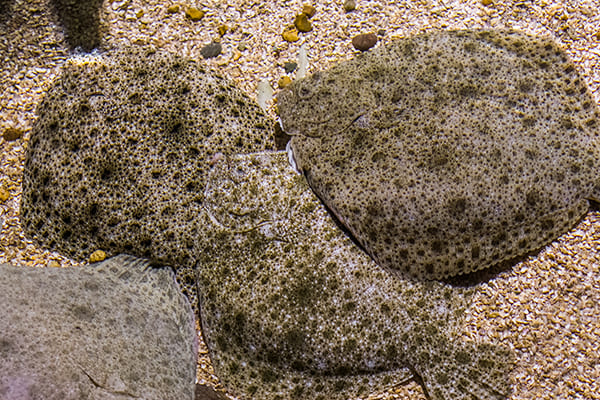
RODAVAC: Deciphering new molecular signatures of vaccine efficacy against «Tenacibaculum maritimum» in turbot («Scophthalmus maxima»).
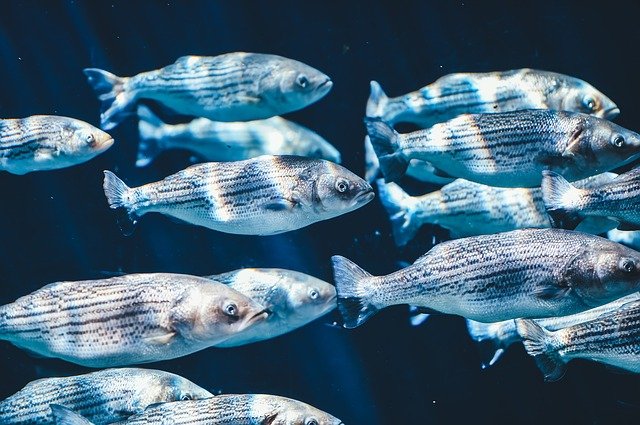
SYS-ALLERGOMICS: Proteomics and structural-based systems biology of fish allergy in raw and processed seafood

Desarrollo de una miticultura sustentable mediante el manejo integral de la captación de semilla, incorporando inmunodetección de larvas y repoblación de bancos en AMERB

Purificación y conjugación de anticuerpos monoclonales para la identificación selectiva de mejillón Mytilus galloprovincialis en un único proceso de incubación


